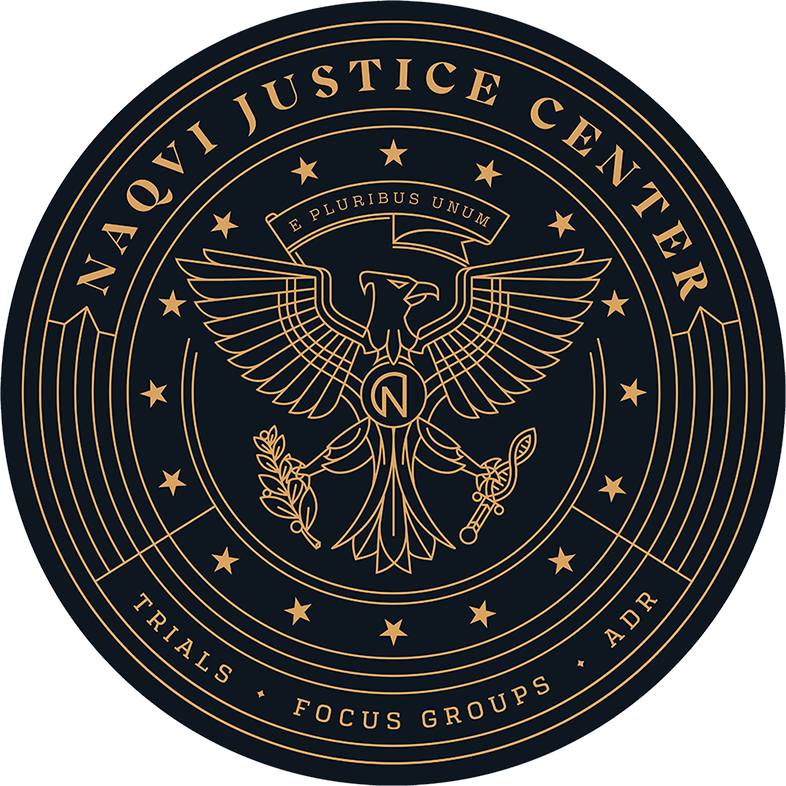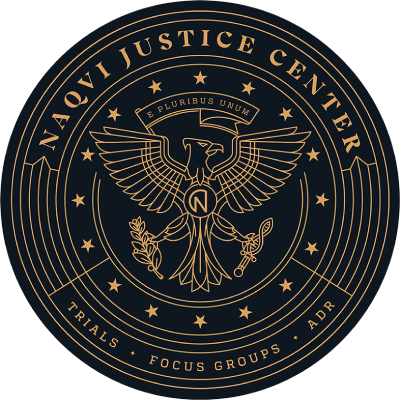The answer to this query depends on certain factors.
There is a legal term known as vicarious liability, which basically means that because of your parent-child relationship, blame for your child’s actions can be passed on to you. Here are some examples of when vicarious ability applies to parents.
- If you tell your child to harm or cause pain to someone else (like yelling at your teenage son to punch an opposing player on a Henderson soccer field).
- If you give a dangerous item (like a pistol, book of matches, or hand saw) to your child, and it’s obvious that he or she is too young, unskilled, or uninformed to appreciate its dangers, and he or she injures someone else with that item (like giving an icepick to your 18-month old daughter who takes it to a Pahrump daycare center and stabs another toddler with it).
- If you let your child perform a task or participate in an activity, and it’s obvious that he or she is too young, unskilled, or uninformed to appreciate its dangers, and he or she proceeds to injure someone else (like letting your eight-year old son drive your pickup truck on a Clark County road, and he runs over an elderly woman crossing the roadway).
- If you have knowledge of your child’s previous dangerous behavior, but still put him or her in a similar situation and he or she injures someone else (like leaving your 12-year old daughter, who has been diagnosed with pyromania, in your elderly neighbor’s house with the fire burning in the fireplace – and she sets the house on fire, killing the neighbor).
On the other hand, if you think that someone else’s child is responsible for injuries to you or someone you love, and that the parents are ultimately responsible, be sure to contact a personal injury attorney immediately.

